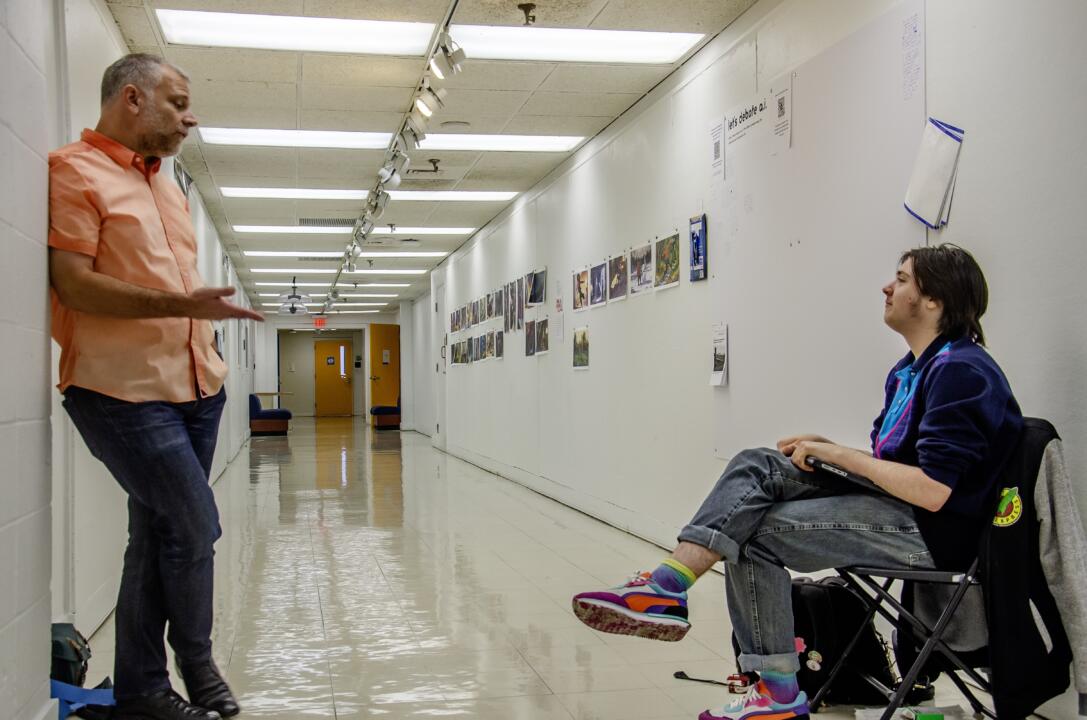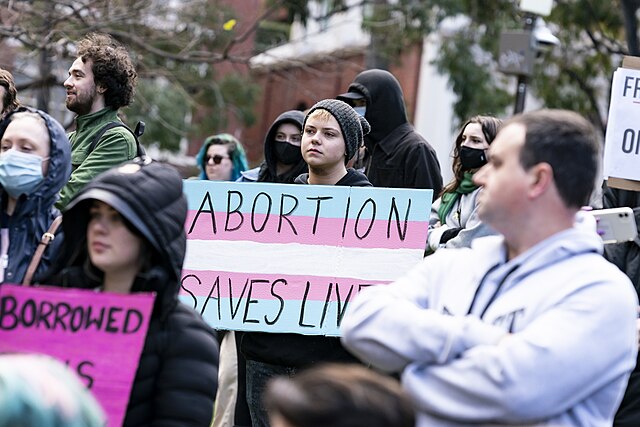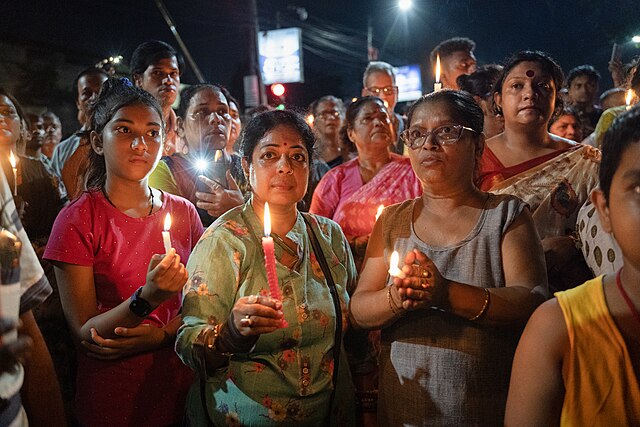The United States & Afghanistan
President Barack Obama announced last Thursday that he will prolong the United States’ military presence in Afghanistan through most of 2016, stating that the move is vital to the United States’ national security interests and in preventing terrorist attacks against its citizens.
President Obama said that the mission for the 9,8000 US forces in Afghanistan will not change; they will continue to train the Afghan National Army and fight al-Qaeda and the Taliban. President Obama said that while the United States’ combat mission is over, “our commitment to Afghanistan and its people endures.”
The Taliban continues to fight against both the Afghan government and army and the allied forces who support them, chief among them, the United States.
“As commander in chief, I will not allow Afghanistan to be used as safe haven for terrorists to attack our nation again,” said President Obama.
The ANA remains in dire need of physical, tactical and administrative training. Otherwise, the risk of deterioration in fragile and strategic regions in Afghanistan increase.
In the end of his address, President Obama acknowledged these deficiencies and noted that governance and development are the key to stability and progress in Afghanistan.
Eritrea
Ten players from the Eritrean national football team refused to return home on Thursday after playing a World Cup qualifying match in Botswana, and are now seeking asylum there.
Despite the intervention of the Eritrean ambassador in Botswana, the players refused to board their plane and were subsequently detained by the police.
It is unknown why the ten football players did not join their teammates returning home, but sources have speculated that the players were distressed about having to join the Eritrean army.
Other sources have noted that Eritrea, under President Isaias Afewerki’s, is plagued with human rights abuses, where both torture and slavery appear to be commonplace, according to the United Nations.
This recent event follows a number of defections by Eritreans to other countries in the region. In 2013, another 15 Eritrean football players and their team doctor sought and were granted asylum in Uganda at the end of a football tournament.
India
India’s Supreme Court has stayed a law banning dance bars in the state of Maharashtra and the capital Mumbai, allowing them to reopen.
Maharashtra’s state government originally banned dance bars in 2005, saying that they “corrupted young people and were a front for crime and prostitution.”
The ban faced staunch opposition. Bar owners, dancers and employees alike protested vehemently against the legislation; more than 10,000 women alone were employed in over 1,400 dance bars in the state.
The ban was overturned by the high court in Mumbai in 2006, prompting the state government to appeal to the Supreme Court. In July 2013, the Supreme Court decided that the bars could reopen.
Thursday’s decision upheld and reaffirmed the 2013 ruling in response to the Maharashtra state government’s attempt to re-institute the ban in 2014 with an amendment.



